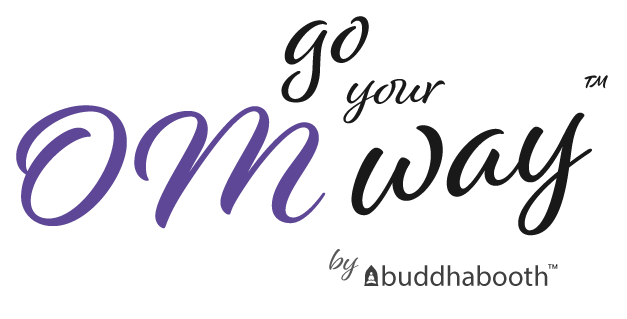“Gratitude is the sign of noble souls.” – Aesop
It’s not easy to be grateful when the world beats down on you like a drum. Spitting back at it with malice seems so much more satisfying. But it’s actually much better for your mental health to simply say “thank you,” and there’s even quite a bit of scientific evidence to prove it.
Thank Yourself for Saying “Thank You” Today
Instead of always being a “Debbie Downer,” you should be more grateful for what you have—for your own sake and sanity! But don’t do it for just anybody. Don’t even do it because we say so. Do it for the well-being of your own body, brain, and soul, and for these 7 reasons…

- Romantic Relationship Potential
A 2014 study published in Emotion linked the simple act of thanking a stranger for holding the door open for you to new possibilities for romance! It’s true. Gratitude blossoms the prospect of relationships, from friendships to significant others.
Whenever you thank someone for something, that person is more likely to seek a friendship or even relationship with you—yes, just saying “thank you” is all you need to do.
- Emotional Balance
What if psychiatrists prescribed something as simple as saying “thank you”? According to Robert Emmons, a leading gratitude researcher, and his studies on the effect of gratitude, it can do wonders to your emotional health.
The results of his studies were almost magical. Participants began experiencing more positive emotion, eliminating everything from envy, to resentment, frustration, and even regret. That’s not to say that those emotions are necessarily bad. Just more balanced. And that kind of balance promotes happiness over depression any day.
- Peace and Understanding
The University of Kentucky conducted a study in 2012 on what gratitude does to patience and long-suffering. The results were profound.
They found that participants exhibiting more gratitude were less likely to retaliate when facing confrontation. This was the case even when they received a lot of negative feedback. Sensitivity and empathy decrease any sense of vengeance. We can all agree that humanity needs plenty more of both.
- Better Sleep
In 2011, Applied Psychology: Health and Well-Being published a rather interesting study on gratitude. It found that if you simply write down grateful affirmations or sentiments about you, your life, or anything at all before going to bed, chances are you’ll not only sleep longer, but way more soundly.
We can get behind that. Thousands of individuals suffer from insomnia or other conditions limiting the ultimate recharge time for the human body. Simply saying “thank you” every night may be the sleeping pill you need.
- Higher Self-Esteem
Being grateful really is the ultimate self-esteem booster, and this was further confirmed in a 2014 study in the Journal of Applied Sport Psychology.
The study focused on athletes and their self-esteem and discovered that gratitude reduced social comparisons. It boosts confidence as well. Because of athletes’ ability to be confident in themselves through gratitude, they were able to perform better. When not grateful about what you can do or what you have, you begin feeling resentful toward others and not focused on the game and the goal.
- Mental Prowess & Stress Management
Being thankful can actually settle you down, even in the midst of terror and fear. In fact, a 2006 study published in Behavior Research and Therapy saw that Vietnam War veterans exhibiting more gratefulness experienced lower instances of PTSD.
Furthermore, another study in 2003 from the Journal of Personality and Social Psychology proved that gratitude fostered resilience even during the 9/11 attacks. In the experiment, people were tasked with listing all the ways they were better off than others. They found that you could endure horrible hardship and still be happy—about 25% happier, in fact. Being grateful about something is never about being “better off,” but that you’re content with what you have.
- Improved Physical Health
A study in 2012 published in Personality and Individual Differences saw that participants who exhibited gratefulness took better care of themselves. In a way, it makes sense. If you’re more grateful, you’ll likely put more care into yourself. You’ll ultimately exercise more, eat better, and experience fewer aches and pains. And it all starts with a little gratitude.
The Proof is in the Gratitude
The evidence speaks for itself. The more grateful you are for what you have and where you’re at, the more you’ll benefit in every aspect of your life. All the more reason to thank yourself for reading this!
Pierre Roustan is an author, adventurer, father, philosopher, philanthropist, athlete, gamer, U.S. chess champion, health nut, activist, and advocate for humanity, living in a quiet home with his wife, four daughters and one son in Grand Rapids, Michigan. He’s trekked through tundras, waded through swamps, wandered through deserts, swam in the Great Barrier Reef, explored a shipwreck, walked a runway, sat in prison, been in a mental hospital, adored and hated others, lost and gained a lot, fought wars in a courtroom, lost wars in his heart, and held loved ones in his arms as they breathed their last breath. He’s braved storms of all kinds and has plenty more life to live—and he’s ready to write all about it.








Recent Comments